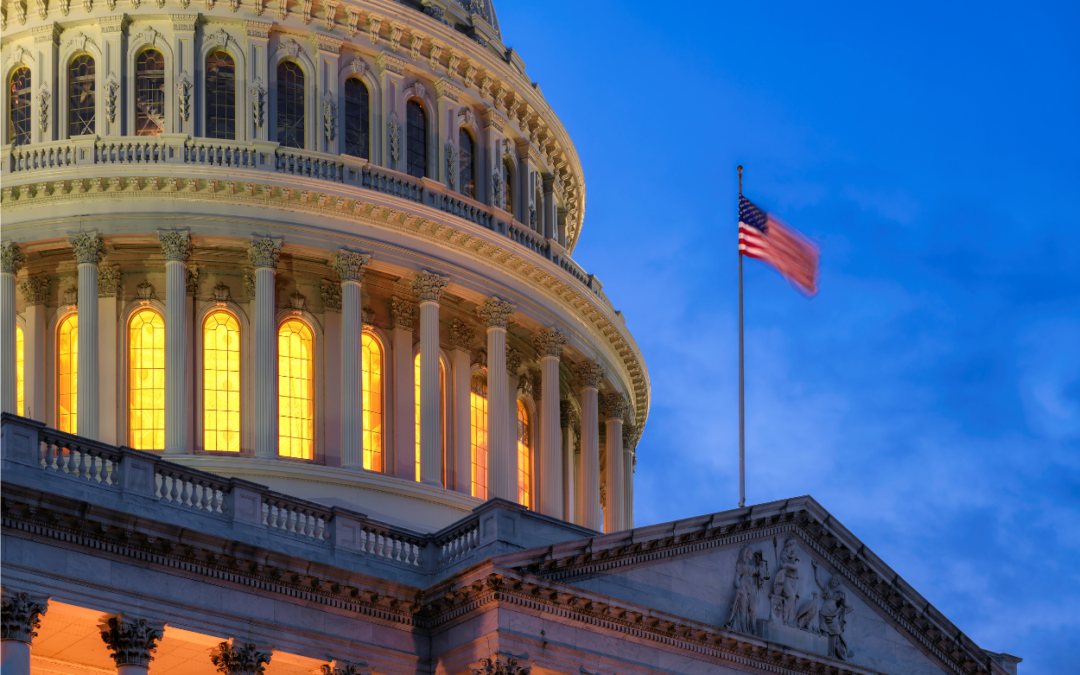When Congress puts together legislation, especially appropriations (money) bills, they tend to attach policy riders to those bills. Bills without policy riders are considered to be “clean” bills—bare-bones language to accomplish one purpose—usually to fund the government at the current level.
So what is a policy rider? According to the U.S. Senate glossary, it is a non-germane amendment to a policy bill or an amendment to an appropriation bill that changes the permanent law governing a program funded by the bill. Think of it as a bill with “strings attached.” They usually have little to no correlation to the legislation being considered. As their name indicates, they essentially “hop on” and “ride” these other bills to passage the same way a person would ride a train into a new city.
Certain pieces of legislation are known as “must pass” bills. Keeping the lights on and the military paid are must pass bills. Making sure the government doesn’t shut down. The VA-Military Construction funding bill is considered one of the must-pass bills because of its effect on veterans. So are the National Defense Authorization Act and Defense Appropriations Act because of their effect on our military.
The trick with must-pass bills is Members of Congress can use them as an opportunity to attach policy changes, even if those policies would be difficult to pass on their own. The thinking is, if Members can manage to get their policy priority into the must-pass bill, other Members will have to support it because they want to avoid a shutdown.
These are called policy riders—because they “ride” on top of a must-pass bill. And, because the president lacks line-item veto authority (meaning he can’t selectively veto parts of a bill; he has to sign or veto the entire bill), he must sign the appropriations bill as-is, which means policy riders have a high likelihood of becoming law.
Policy riders can dictate how the government spends existing funds, or it can create new policy. Every Member of Congress has a priority piece of legislation that they want to get passed and made into law. With only about 3 percent of all legislation that is introduced each year ever passing both chambers and making it into law, the use of riders can be effective in meeting that priority. So Members use riders to achieve their priorities and possibly their electability the following November.
Your Association follows these “must-pass” pieces of legislation and works to ensure the policy riders are favorable to our constituency.
— EANGUS National Office




